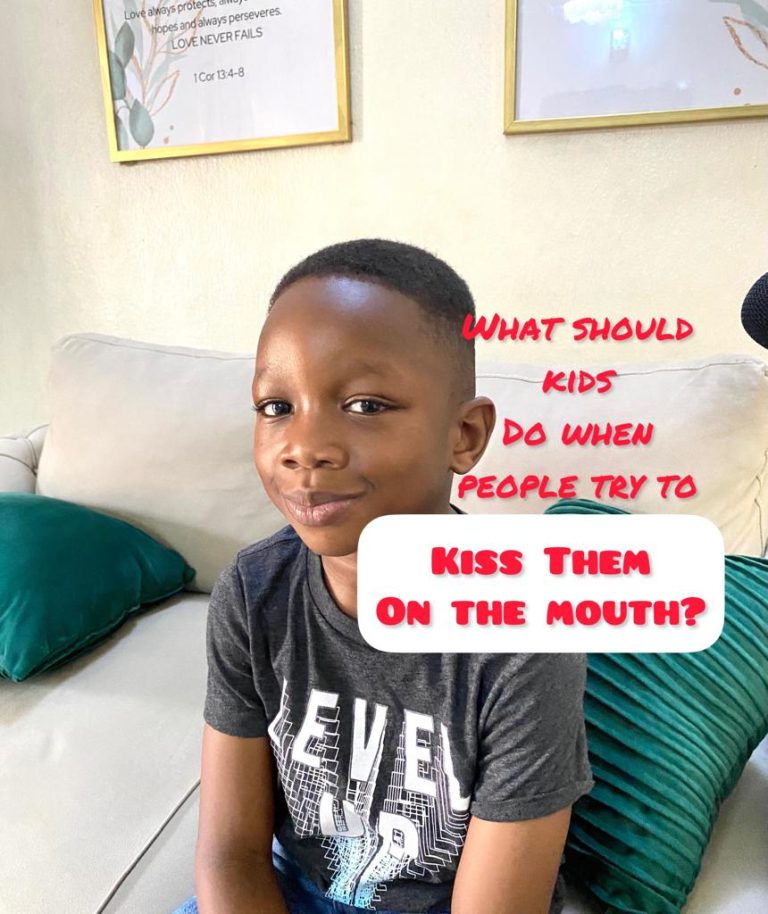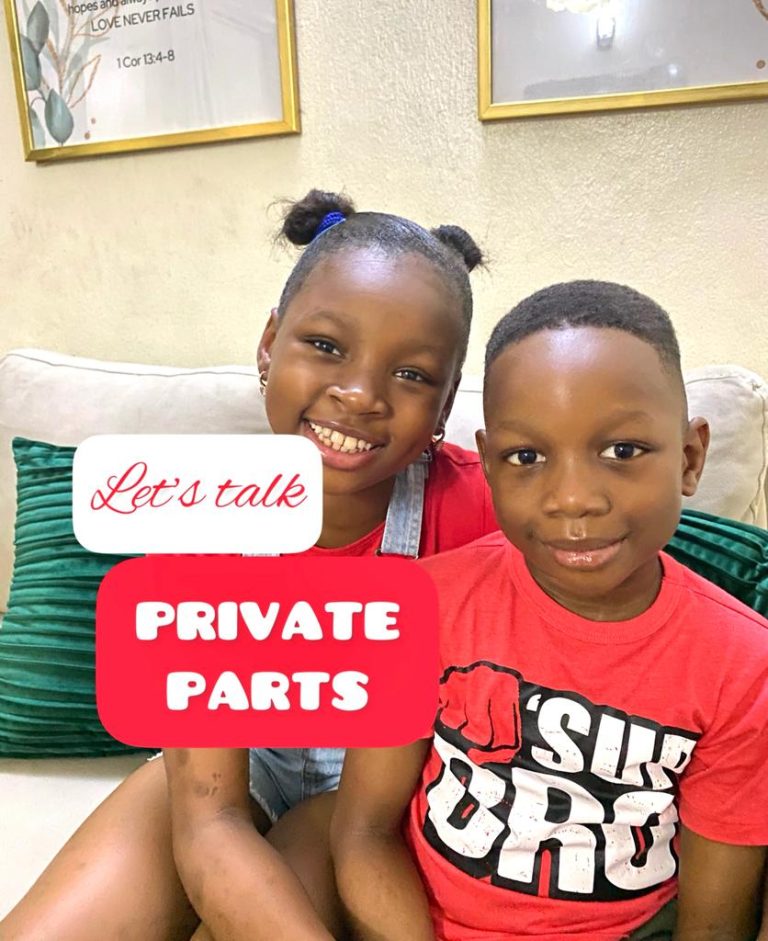Sexuality education is an important aspect of a child's overall development. By providing age-appropriate information about human sexuality, we empower children with knowledge, understanding, and the skills necessary to make informed decisions in this all-too-important aspect of life. In this blog post, we will explore sexuality education at different stages of a child's development and why it is essential for parents and educators to tailor the information according to their age. Let's dive in!
- Early Childhood (Ages 2–7): Laying the Foundation
During early childhood, children begin to develop their understanding of the world around them, including their bodies and relationships. This is an ideal time to introduce age-appropriate sexuality education, focusing on knowledge of the body, body autonomy, boundaries, consent, and appropriate names for body parts. By teaching children the correct terms for their body parts, we foster a healthy attitude towards their own bodies and encourage open communication.
- Middle Childhood (Ages 8–12): Building Knowledge and Understanding
As children enter middle childhood, their curiosity about human sexuality increases. It becomes crucial to expand their knowledge while maintaining age-appropriate boundaries. Topics such as puberty, reproductive systems, menstrual cycles, and gender identity can be introduced gradually. Providing accurate information during this stage can alleviate anxiety, reduce misinformation, and help children feel more comfortable with the changes their bodies go through.
- Adolescence (Ages 13–18): Promoting Healthy Relationships and Consent
Adolescence is a time of rapid physical, emotional, and social changes. Comprehensive sexuality education plays a critical role in helping teenagers navigate these transformations responsibly. Discussions should include topics such as sexually transmitted infections (STIs), healthy relationships, consent, attraction, and communication skills. By providing accurate information and promoting open dialogue, we empower teenagers to make informed choices and establish respectful relationships.
Sexuality education is an ongoing process, and it's essential to continue the conversation beyond this blog post. If you found this information valuable, I encourage you to check out my blog post, titled "How to Talk to Your Children about Sex."
In that article, we will delve deeper into practical strategies for initiating age-appropriate conversations about sexuality with your children. Don't miss out on equipping yourself with the tools you need to support your child's healthy sexual development!




